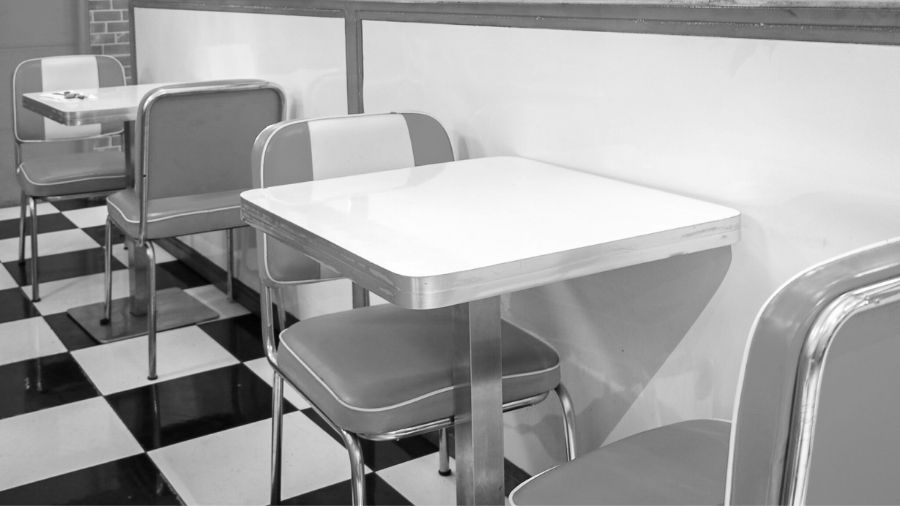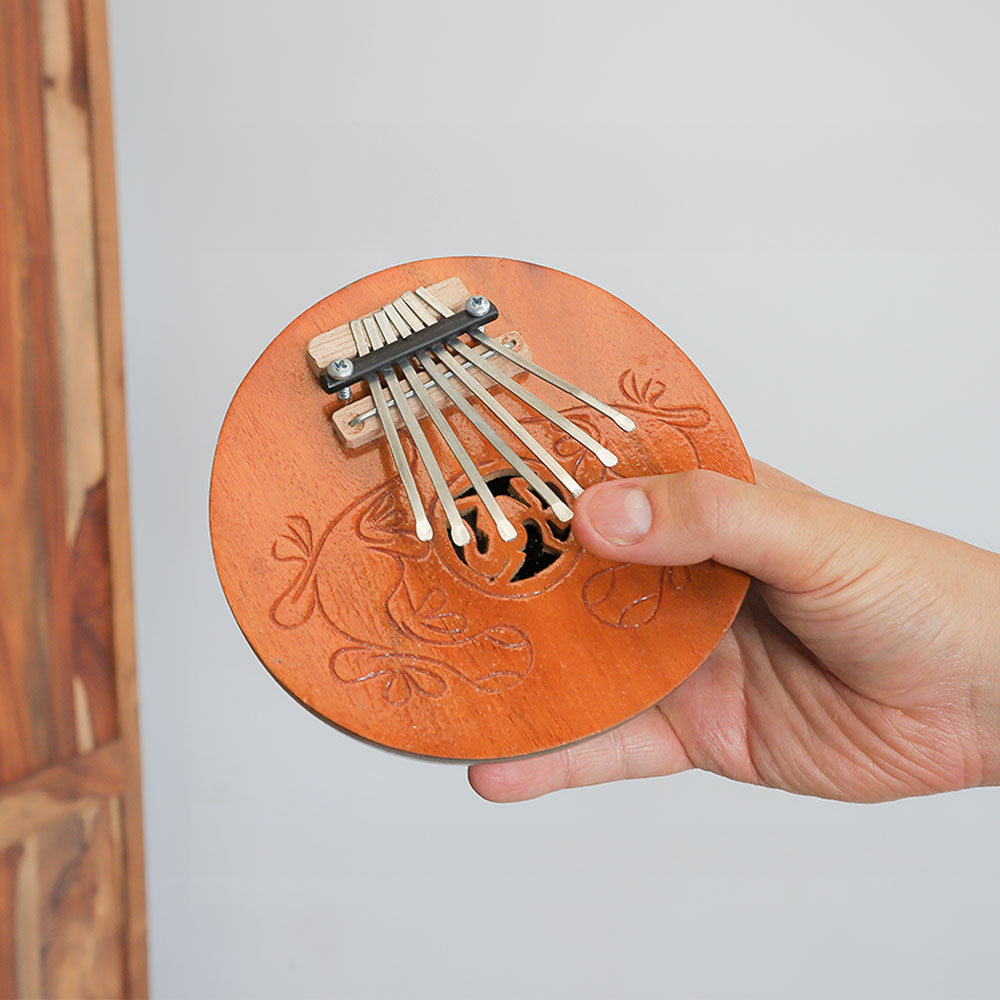Lana Del Rey’s “A&W” is one of the most complex, emotionally charged songs in her catalogue. At around seven minutes, the track moves through different moods like shifting currents. It feels nostalgic, chaotic, vulnerable, defiant — all at once. The structure itself mirrors the narrator’s mind: steady at first, then spiralling, then submerged in a different emotional world. Below, the song is broken into its raw layers: lyrics, backing track, and deeper meanings.
The Songs Lyrics — A Diary of Innocence
The opening lines feel nostalgic, taking us back to an earlier time. The slow melody almost sounds like she’s contemplating her past, asking where things changed. She talks about cartwheels and childhood, then jumps straight to judging her hair, her face, her body. This contrast makes it feel like innocence collided with adulthood too quickly.
The lyrics are brutal and honest. They read like a diary where she’s “figuring out what went wrong,” reflecting the cluttered nature of her mind carrying too much. She seems to want love, but ends up being used by men, calling them from motel rooms, repeating that she’s invisible. She blames herself for so much — “fu**** up my story” — and it feels like she’s constantly in a state of judging herself.
Lines like “If I told you that I was ra***, do you think anybody would think I didn’t ask for it?” stand out as cultural commentary on victim-blaming, not literal autobiography. The narrator wonders whether society would believe her. She asks questions many women ask silently: Is anyone listening? Does anyone see me? Why does pain become a performance?
The song is layered with questions: Is she describing a character? Is it symbolic? Is it real? Why is she sharing this? Does she want us to understand the emotional experience behind the label “American wh***”? The lyrics never spell it out, which is what makes the song feel so human. Her words remind us how powerful music can be for expressing complicated emotions that are difficult to say out loud.
Backing Track — From Stillness to Spiral
The track moves like a journey, beginning slow and reflective, almost soothing, as if we’re floating above water. The simplicity in the first half reinforces that diary-like honesty that is quiet, confessional and fragile. Then the backing track shifts. After a few minutes, the sound becomes glitchy and distorted, with techno-like effects that build tension. It feels like emotional overload, like being stuck in a negative spiral where thoughts loop and clarity disappears.
Suddenly the song snaps into a club-style beat with a bassline and classic claps. The tone becomes sarcastic, manic, and detached. It’s as if we’ve moved from drowning to dancing at the bottom of the ocean, the world is blurry, the mind is fractured, but the beat keeps going.
The sound mirrors dissociation: drifting, then sinking, then distracting yourself with noise. This is what makes the track so bold. It doesn’t stay in one mood. It flows like the ocean that is steady at first, then sinking, then completely underwater before surfacing again. The production shows how sound alone can reflect emotional states, proving that even simple musical tones can carry an entire story.
Deeper Meaning — Identity, Perception & Survival
“A&W” isn’t meant to be read as literal autobiography. Lana has a long history of blending character, culture, and fiction to explore themes of femininity. In the track she expands on that tradition. The repeated phrase “American whore” isn’t a confession but a symbol, a commentary on the way women in America are sexualised, judged, and commodified.
The song captures the feeling of being consumed instead of seen. The narrator seems to struggle with self-esteem, self-blame, and the emotional consequences of being objectified. She might feel used, invisible, or trapped in patterns she doesn’t know how to break. Whether it’s addiction to affection, unhealthy relationships, or simply the exhaustion of surviving modern culture, the lyrics allow room to question: Does she hate herself? Is she numb? Is she overwhelmed? Why does she feel so lost?
The “Jimmy” section is widely interpreted as representing unreliable partners or the chaotic men who drift in and out of her life. It feels almost like a parody of modern relationships that may seem playful on the surface but hollow underneath. Dark humour replaces sadness. Detachment replaces vulnerability. It asks, in its own way: What happens when you stop expecting love and start expecting chaos?
The song explores fragmented identity with part one reflecting the abused, reflective self. Part two becomes the numb, performative self. Together, they portray the emotional reality of a woman who is expected to be many things at once such as innocent, sexual, perfect, and resilient even when she feels lost.
The track is messy, brilliant, and unsettling on purpose. It captures the feeling of moving through the world as someone who has been misunderstood, dismissed, desired, blamed, or ignored yet continues surviving.
"A&W" is Lana Del Rey at her most unfiltered. No glamour, no retro sparkle, just grit and truth. The first half burns slow, steeped in sadness and isolation. The second half explodes with surreal chaos forming a commentary on the fragmented female experience: how women are expected to perform pain, pleasure, innocence, and rebellion—all at once. It's uncomfortable and it's brilliant.
It’s the kind of song that makes some listeners want to explore creating their own sounds, using music as a way to process feelings and reconnect with themselves.
Deeper Meaning — Identity, Perception & Survival
“A&W” isn’t meant to be read as literal autobiography. Lana has a long history of blending character, culture, and fiction to explore themes of femininity. In the track she expands on that tradition. The repeated phrase “American whore” isn’t a confession but a symbol, a commentary on the way women in America are sexualised, judged, and commodified.
The song captures the feeling of being consumed instead of seen. The narrator seems to struggle with self-esteem, self-blame, and the emotional consequences of being objectified. She might feel used, invisible, or trapped in patterns she doesn’t know how to break. Whether it’s addiction to affection, unhealthy relationships, or simply the exhaustion of surviving modern culture, the lyrics allow room to question: Does she hate herself? Is she numb? Is she overwhelmed? Why does she feel so lost?
The “Jimmy” section is widely interpreted as representing unreliable partners or the chaotic men who drift in and out of her life. It feels almost like a parody of modern relationships that may seem playful on the surface but hollow underneath. Dark humour replaces sadness. Detachment replaces vulnerability. It asks, in its own way: What happens when you stop expecting love and start expecting chaos?
The song explores fragmented identity with part one reflecting the abused, reflective self. Part two becomes the numb, performative self. Together, they portray the emotional reality of a woman who is expected to be many things at once such as innocent, sexual, perfect, and resilient even when she feels lost.
The track is messy, brilliant, and unsettling on purpose. It captures the feeling of moving through the world as someone who has been misunderstood, dismissed, desired, blamed, or ignored yet continues surviving.
"A&W" is Lana Del Rey at her most unfiltered. No glamour, no retro sparkle, just grit and truth. The first half burns slow, steeped in sadness and isolation. The second half explodes with surreal chaos forming a commentary on the fragmented female experience: how women are expected to perform pain, pleasure, innocence, and rebellion—all at once. It's uncomfortable and it's brilliant.
Feeling Inspired to Create Your Own Sound?
A song like “A&W” reminds us how powerful sounds can be when we’re processing emotions, reflecting on life, or exploring our creativity. If you have ever wanted to make your own music as a beginner, you can explore our collection of musical instruments that are easy to learn and are perfect for emotional expression.








